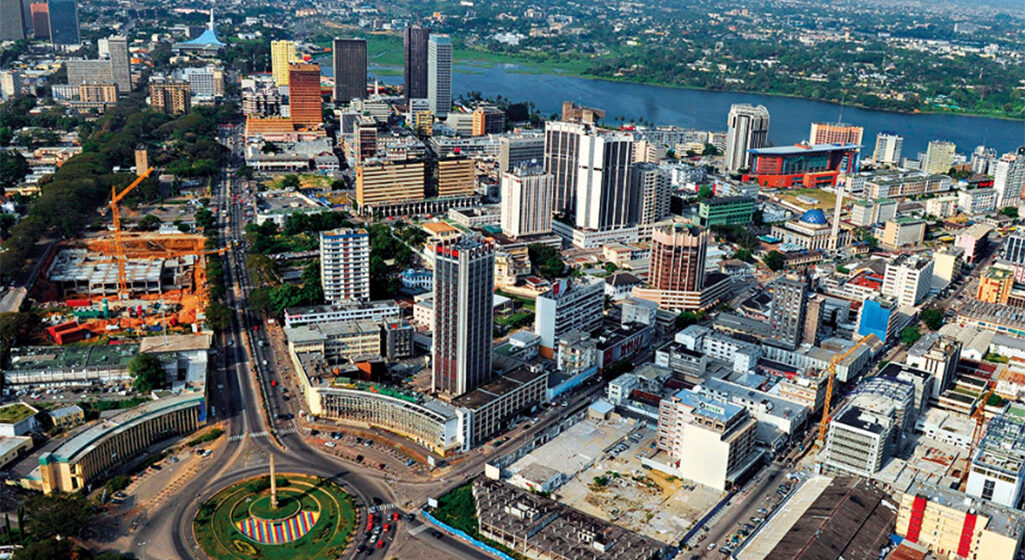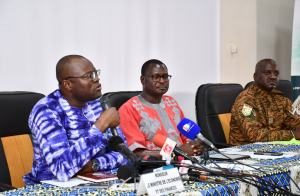Finance: IMF approves $495 Million disbursement for Côte d’Ivoire amid economic governance progress

In a significant development, the International Monetary Fund (IMF) has granted approval for a disbursement of $495.2 million to Côte d’Ivoire as part of an ongoing program.
The decision was reached during the IMF Board of Directors meeting on December 4, 2023, highlighting the positive strides in the country’s economic governance, making it a leader in the West African Economic and Monetary Union (WAEMU) region.
Kenji Okamura, Acting President and Deputy Managing Director of the IMF, commended Côte d’Ivoire’s robust performance within the Fund-supported program, emphasizing the government’s commitment to fortifying macroeconomic stability.
The country has witnessed one of the highest growth rates in Africa for over a decade, with a projected 6.5% growth in 2023—almost double the sub-Saharan Africa average.
Furthermore, Côte d’Ivoire aims to reduce its current account deficit, showcasing fiscal responsibility and achieving the most substantial budgetary consolidation in the WAEMU region over the past six months.
«The preservation of fiscal space will be facilitated by the authorities’ commitment to enhancing coverage, transparency, and public financial management, particularly for state-owned enterprises. Continued efforts to enhance the institutional and legislative framework for debt management are crucial to sustaining debt sustainability», explained the IMF.
Despite the concessional nature of the current IMF support, it is noteworthy that the disbursement occurred with a 4.15% interest rate on Special Drawing Rights (SDRs), the IMF’s unit of currency.
This renders the IMF resources eight times more expensive compared to historically low rates of 0.5% at the end of 2021.
Looking ahead to 2024, Côte d’Ivoire is obligated to repay up to 415 million SDRs, equivalent to $539.5 million based on the conversion rate as of December 4.
If a new disbursement from the IMF does not occur within the next 12 months, Côte d’Ivoire’s balance of payments with the institution could turn negative.
Additionally, there will be a need to monitor socio-economic costs as potential unintended consequences of the ongoing program.
This disbursement underscores the IMF’s confidence in Côte d’Ivoire’s economic management and sets the stage for continued collaboration to promote sustainable growth and stability in the region.
Yann ETERNEL












